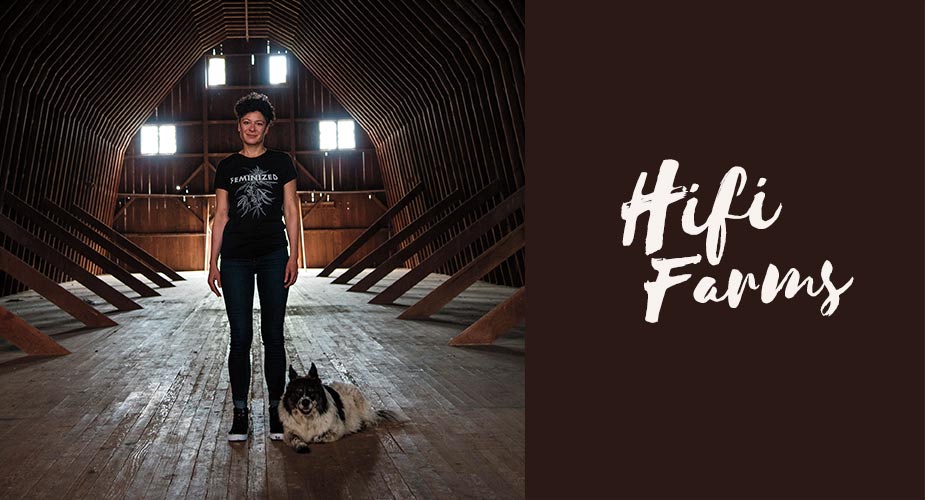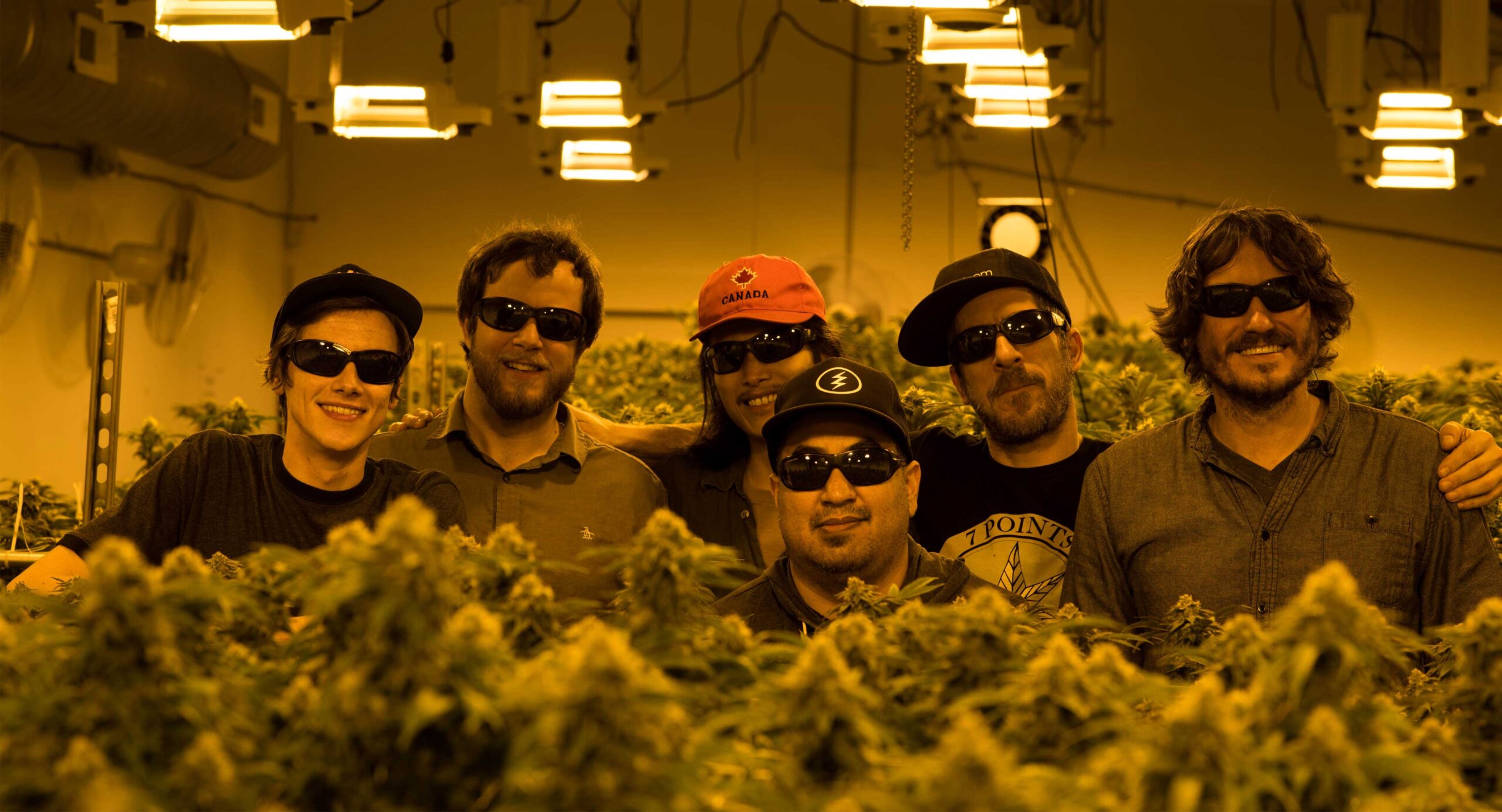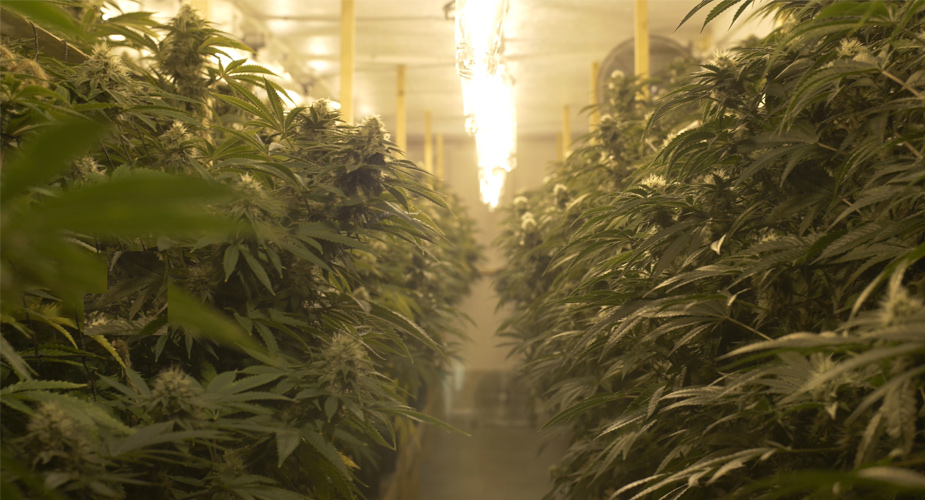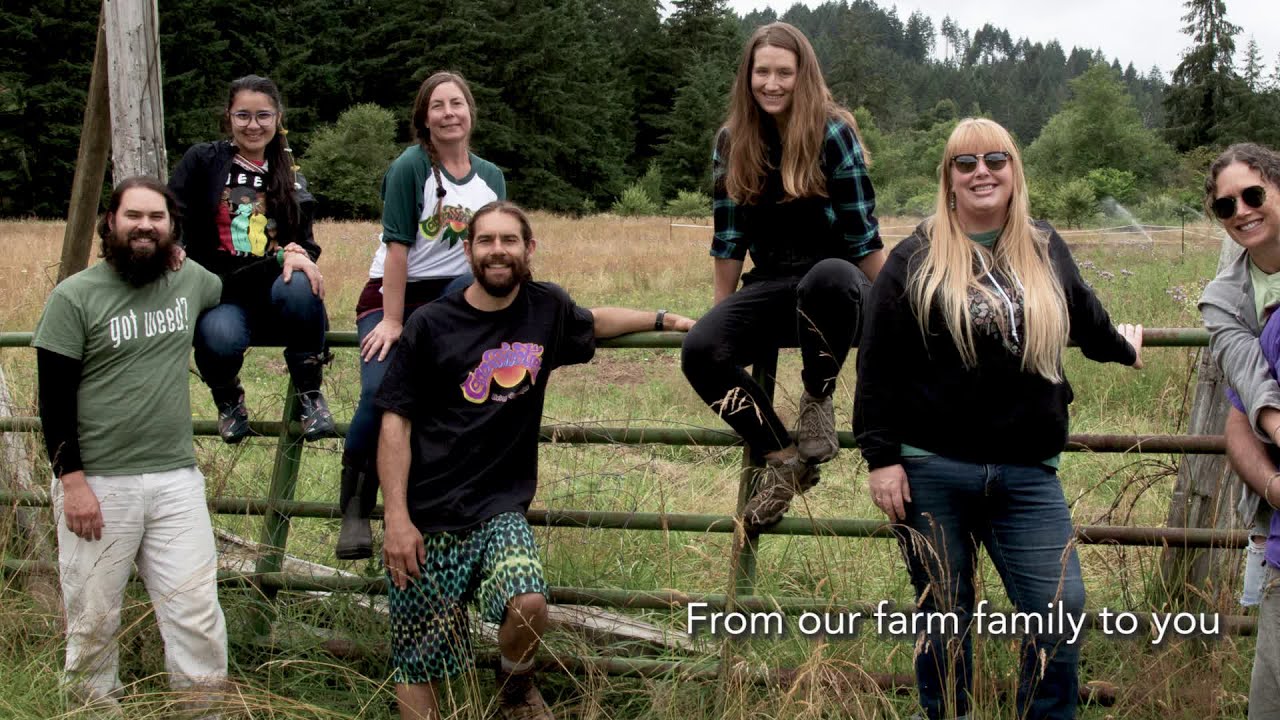Hifi Farms: The name itself has created enormous momentum for this little farm outside of Portland, Oregon. Their “Feminized” t-shirts are being worn all over the state. If you mention Hifi, people in the cannabis industry assume you’re talking about their highly sought after flower, but the reality is, most people haven’t even tried any of their notorious nugs. The brand has blanketed Oregon merely through intelligent marketing, presence at events, and involvement in the community. Their team radiates positive energy and charisma that draws opportunities and funding to them like a magnet. But how?
“I love to build things. I’m excited to have the opportunity to build structure around this incredible vision,” said Sara Batterby, CEO of Hifi Farms.
In today’s cannabis industry, there is no shortage of cannabis farms and ideas, but there is a serious need for structure in our booming and blooming business community.
Sara went on to explain, “I meet people all of the time who have brilliant ideas, but they aren’t the same people who are going to figure out the corporate structure, raise capital, or understand how to do the books. I picked up these skills over years of experience building start-up companies in San Francisco. My friend Lee Henderson had moved ahead of me from San Francisco to Oregon. He was in the process of building out a tiny basement grow with his longtime friends CK and Richard. When I moved here in November of 2014, they asked me to help them build this little grow into a real business and brand. The guys had a vision and were really into growing super high quality, clean cannabis. It was a lifestyle, and they had blended it with music in this organically cool way. I had come to Oregon because I was burnt out on The Bay Area and was ready for something new. Cannabis definitely fit that description. Once I understood a little about the industry and got to know the guys, I was totally intrigued. The craft and a profound commitment to sustainability and organics, combined with the blending of cannabis with music and a lifestyle that fostered so much creative energy and expression, I knew this was something special. Something I could build a brand around. They basically said, “Hey, we know how to grow weed, and we really know how to throw a party! Will you be our CEO and help us build a business?” I responded, “You really don’t know what you’re asking for,” to which they replied, “Right, but we can’t just hippie our way through this.” That was the beginning of the crazy and amazing journey that is Hifi.”
Sara grew up in England and was the lucky beneficiary of a pretty phenomenal education. She had traveled around the world alone by the time she was nineteen, but deemed herself somewhat of a “misfit” in high school and college. She studied economics and philosophy at one of the country’s top universities with a “How does it all work” kind of mind set, and graduated with a first-class degree which landed her a huge job with Accenture, an international management consulting firm. Soon after that she was assigned to a project in sunny Arizona for just over a year. Accenture offered her a promotion and a new position back in England, but Sara declined and returned to the US to start a real estate company, buying, fixing, and flipping houses.
“I did that for about eight years, and made good money, but I was bored. I didn’t want to end up like the older realtors I met, driving a Mercedes Benz and wearing too much makeup. I wanted to be challenged and knew I had to get out of there.” She said.
“Someone called and asked me to come help them launch a start-up in San Francisco. I moved there and dove into the whole start-up world. I really built that company from the ground up and was just immersed in it for 3 years. I learned a ton. From there I went from one start-up to another, doing build-outs. I’ve worked in a lot of companies, and I’ve worn a lot of hats: COO, CPO, and CMO. I know just enough about every piece to be effective and know when I need a lawyer. It was super interesting and allowed me to learn about fundraising and financing because I was raising money for the companies I was working in. That led to me being asked to join a startup angel fund where I designed a portfolio strategy and helped build a data driven methodology for analyzing risk in early stage companies. That was amazing, but after 10 years I got tired of the Bay Area craziness and was ready for another change,” Sara explained as we’re walking into a massive barn where some of their production takes place.
“Everything here is worked out on white boards. We try not to be glued to computers all day. We manage work flow and tasks using Kanban Boards from the lean business methodology. We’re focused on delivery and execution,” shouts Sara as we walk through noisy rooms with fans and workers buzzing about.
“Out here is where we make all of our own soil from scratch,” she says as we walk out to a large covered area extended off the side of the barn.
“What are we, about 60 percent women around here now?” she says to a co-worker tending to clones.
Sara gave me a full tour of their Green Acres style ranch, and last but not least, took me to the hay loft of Hifi’s huge 1940’s barn pictured here in the story.
“It was originally a dairy farm. The barn was built in 1940 by RJ Reynolds. He owned this property for a while having bought it for a son-in-law who he wanted to set up in business, or so we heard. This was one of the last massive barns like this to be built in the US because all the barn builders got sent to build ships for World War II. After that, building practices changed and these beautiful wooden barns became a thing of the past. It’s an incredible space and eventually we will bring people here to experience cannabis and see how it is farmed.”
She is right. There is something special about this brand.
“This isn’t just a platform for us to be creative, it’s an opportunity for us to exercise our values and pursue our dreams. For me, I was already passionate about diversity in tech and venture capital. Cannabis was a place where I could put the solutions I believed in, to work. Everyone here is doing something that they love and that they feel is important. I’m not creatively in control of what happens in this company. So much of what we do is led from the bottom up by people engaged in constant improvement and innovation. I’ve never had the chance to build a company like that before. It’s totally exhilarating. I had worked in a lot of companies that lacked culture and purpose and I felt that talented people were being left behind financially because they didn’t have a chance to own a piece of the companies they were helping build. Women, VETs, and minorities were being excluded, even though data shows that diversity makes companies more successful. We decided to build a company that everybody owns a piece of, that recognizes and supports women and diversity, that hires veterans, and supports them if they struggle with things like PTSD. I know that if we do that and also succeed in building one of the most successful cannabis companies in the country, more people will do it. Culture and how you treat your employees will be taken more seriously as a successful business strategy. So, we’ve set out on this journey to build the coolest f*&%ing weed company in the country. And, we’re doing all the things we said we would do.”
Hifi Farms embodies the innovative, creative spirit that this industry prides itself on. They lead with big, ambitious ideas which are brought to life through hard work, and offered to all of us to fall in love with. The spirit of business and purpose is alive and well in Oregon’s cannabis industry. Look for Hifi products in a store near you.




